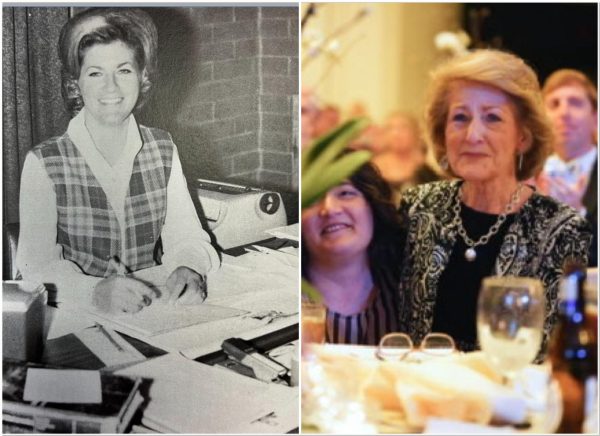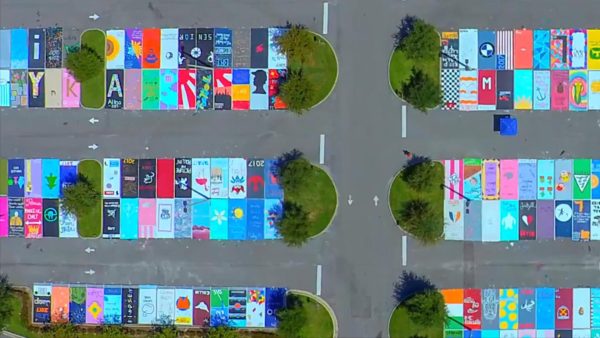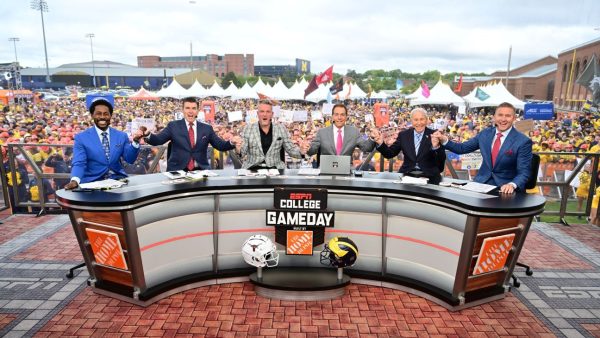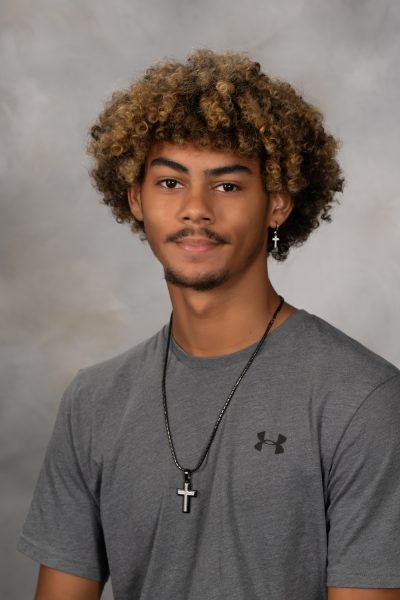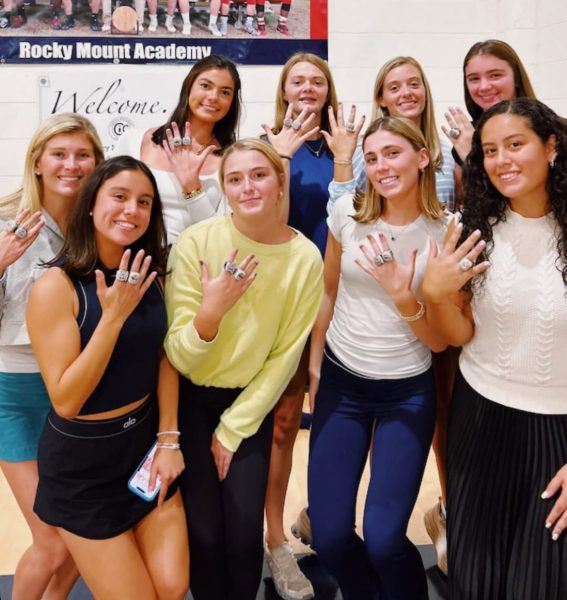UNC: A Reputation in Jeopardy
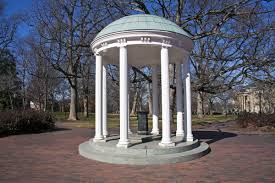
The University of North Carolina, known for its stellar academics and impressive sports teams, has had their reputation damaged by a recent independent investigation known as the Wainstein Report. The Wainstein Report looked into the legitimacy of classes offered by UNC, designed specifically for athletes. The report has caused many past academic issues to resurface from the football team’s supposed elementary grade reading levels under head coach Butch Davis to the reported inflated grades of the 2005 championship basketball team guided by head coach Roy Williams. The report was recently turned into the NCAA for official review and shared with the public. It has caused the University to come under a significant amount of criticism because of the depth as well as the length of this academic scandal that is potentially the worst in collegiate history.
In 1992, UNC’s Department of African American Studies began to offer sham classes under the management of Debbie Crowder. Crowder was only an assistant to the African American Studies department chair, Julius Nyang’oro. But, after discovering that the classes did not meet NCAA requirements, Nyang’oro “went along with it” as CNN reported back in October, thus acknowledging the illegitimacy of the courses. While the “paper classes” were geared towards raising an athlete’s GPA, regular undergraduate students were allowed to enroll in them as well. Debbie Crowder advised coaches to direct their players towards the African American Study’s classes, as they required little to no attendance and offered lenient grading. Most of the student athletes taking these courses were football players and men’s basketball players, coincidentally the two sports that bring in the most money for UNC. To show direct correlation to the bogus classes and UNC’s athletes, an independent researcher found (with the permission of the school) that records between 2004-2012 showed that athletes that play revenue generating sports, 8% could not read at a 4th grade reading level and 60% read between a 4th and an 8th grade level. In 2010 the UNC football team began to see hints of a scandal when claims of illegal communication with agents arose and ultimately resulted in an investigation by the NCAA. While investigating the original issue involving agents, the NCAA found that some of the football players had tutors to write their papers for them and that head coach Butch Davis, and a large amount of UNC’s faculty, had knowledge of this. After the investigation, the NCAA ultimately convicted UNC of academic fraud and failure to properly conduct their football team. In effort to preserve their reputation, The University of North Carolina fired Butch Davis in 2011. The next day Dick Baddour, UNC’s athletic director, resigned. However, this was just the beginning of allegations and investigations involving academic fraud at UNC.
The football team is not the only team at UNC that has been accused of fraud. In June of 2014 former UNC basketball star, Rashad McCants, told ESPN’s Outside the Lines about the bogus classes that he had taken while at the university from 2002-2005. McCants was on the 2005 championship team along with Sean May, David Noel, and Raymond Felton. Ten of the fifteen players on the 2005 championship team were African American Studies majors. During his interview with Outside the Lines, McCants called on his former teammates to come forward with their transcripts saying that if they did this the truth about the classes would be revealed. All of McCants’ teammates and head coach Roy Williams publicly said that McCants’ claims simply untrue. However, the teammates never released their transcripts to disprove McCants.
Making exceptions for student athletes academically is far from uncommon today; the University of North Carolina is not the first major university that has been found in this situation. Florida State University was forced to vindicate all wins from their football team from 2006 and 2007 because of academic fraud that was uncovered in 2009. While FSU did commit fraud, it was nowhere near the severity of that of UNC’s. The University of North Carolina’s scandal has been estimated to have been the worst of all time because of how long it lasted and to what lengths UNC’s staff went to protect it. This nationally recognized event has sent reporters from NBC’s Nightly News, ESPN, CNN, and other major news outlets to Chapel Hill. With so much information, it has been hard for the university to put direct responsibility of the situation on someone. In response to what has been uncovered by the Wainstein Report, UNC has fired four employees and five have been disciplined in result of their involvement. Chancellor Carol Folt said in a speech back in January, “We have been failing students for years.” Despite the black eye that UNC has received because of this scandal, many alumni, student athletes, current students, and fans are optimistic that UNC will rise above this and go back to being known for the truly great education that they offer. The University of North Carolina is still waiting on their punishment from the NCAA.


